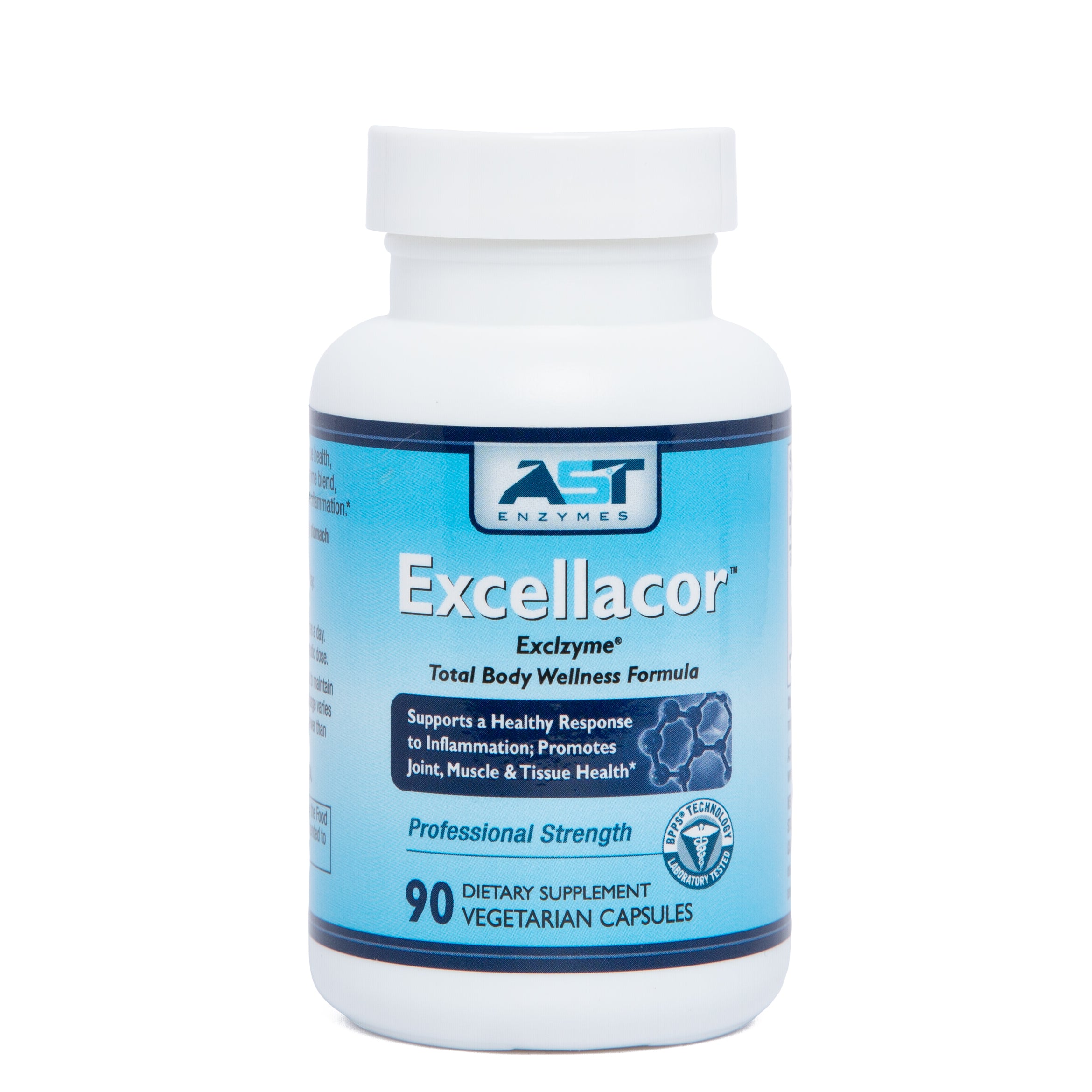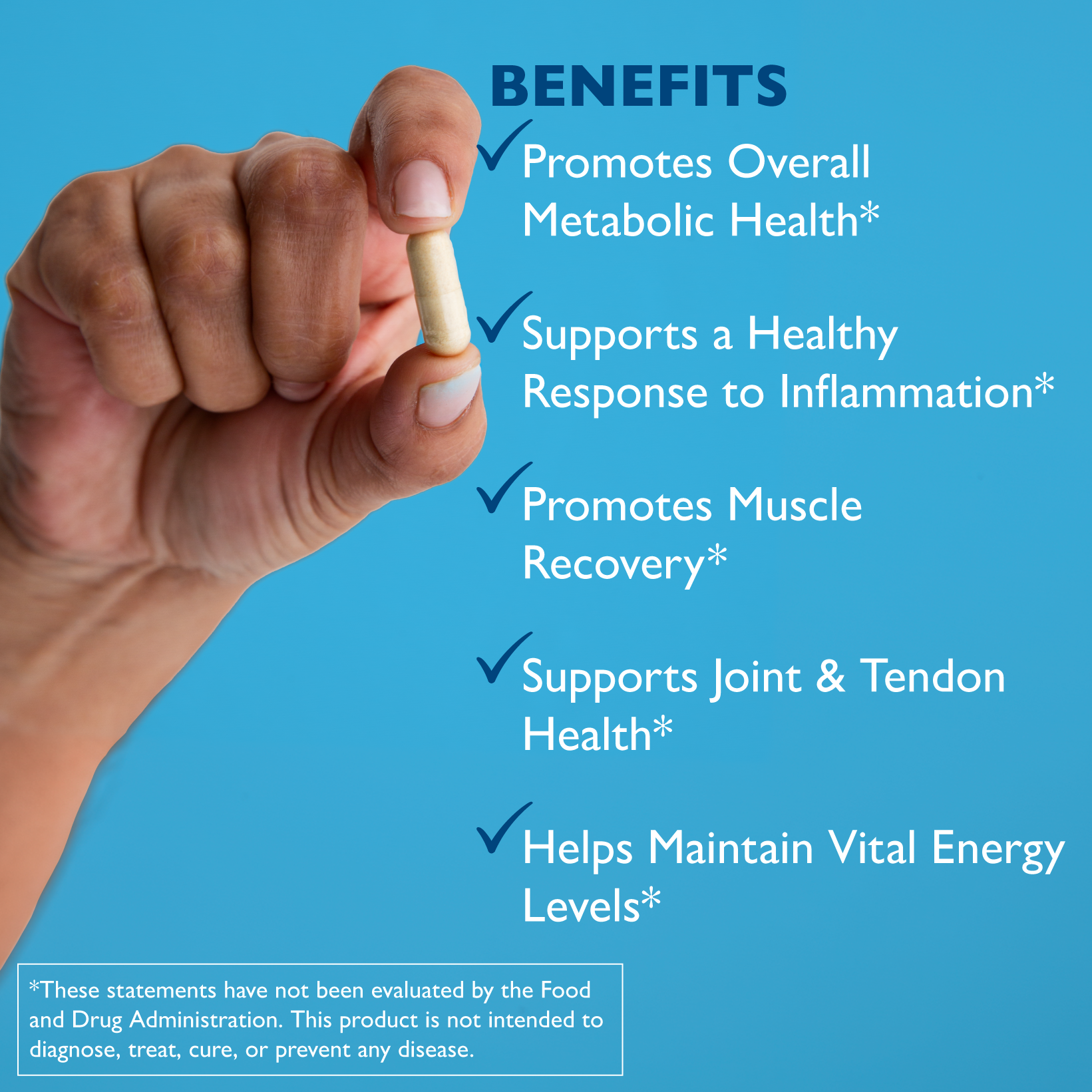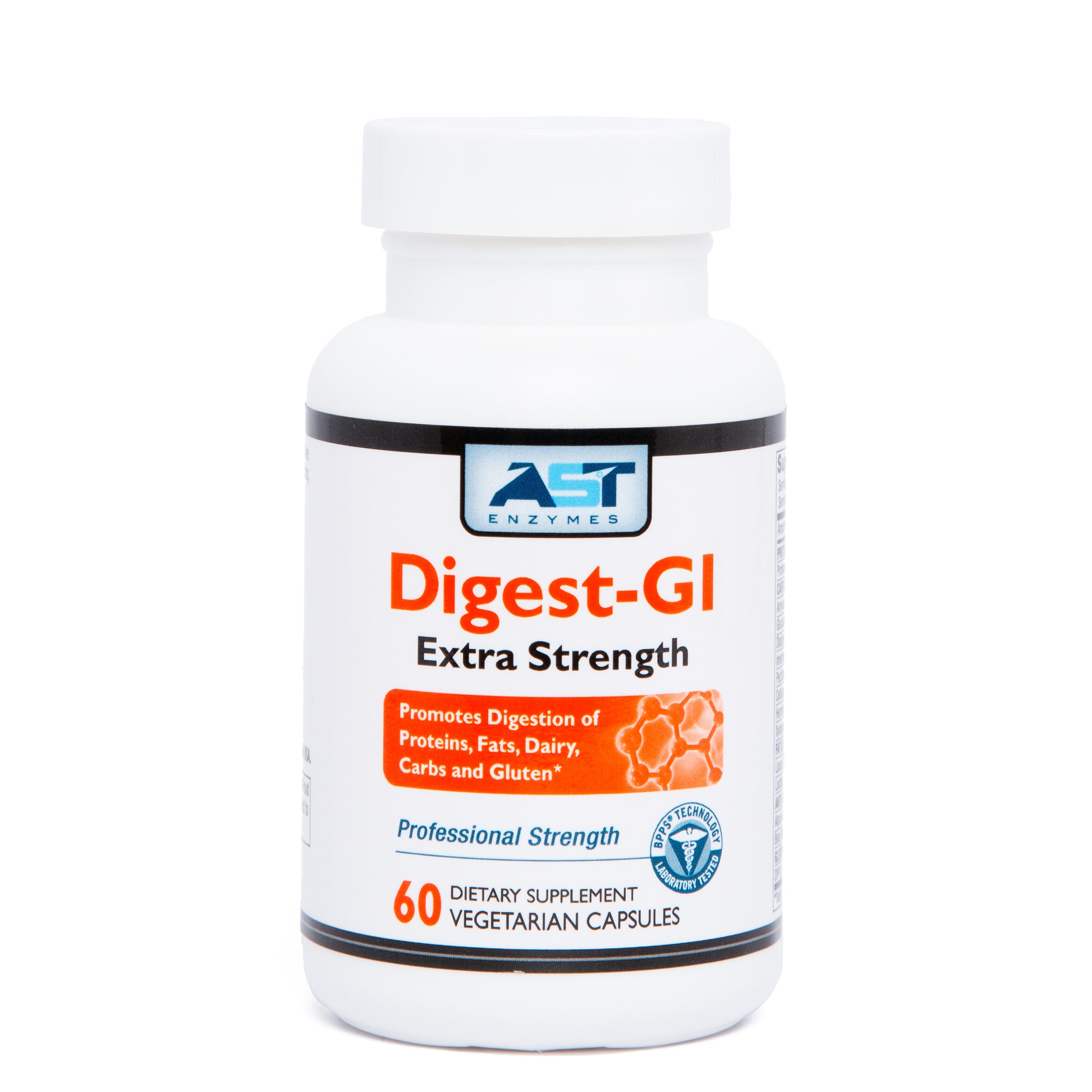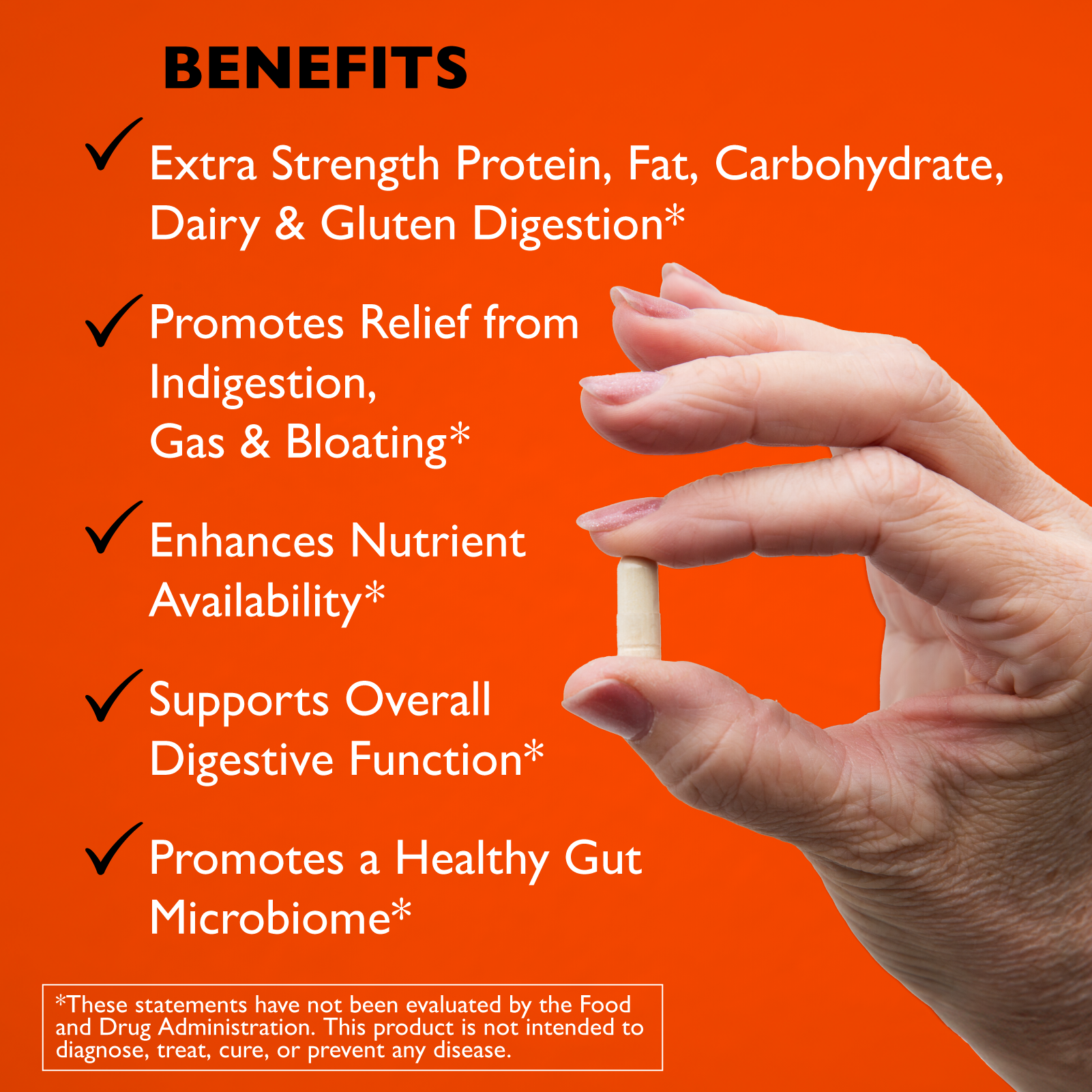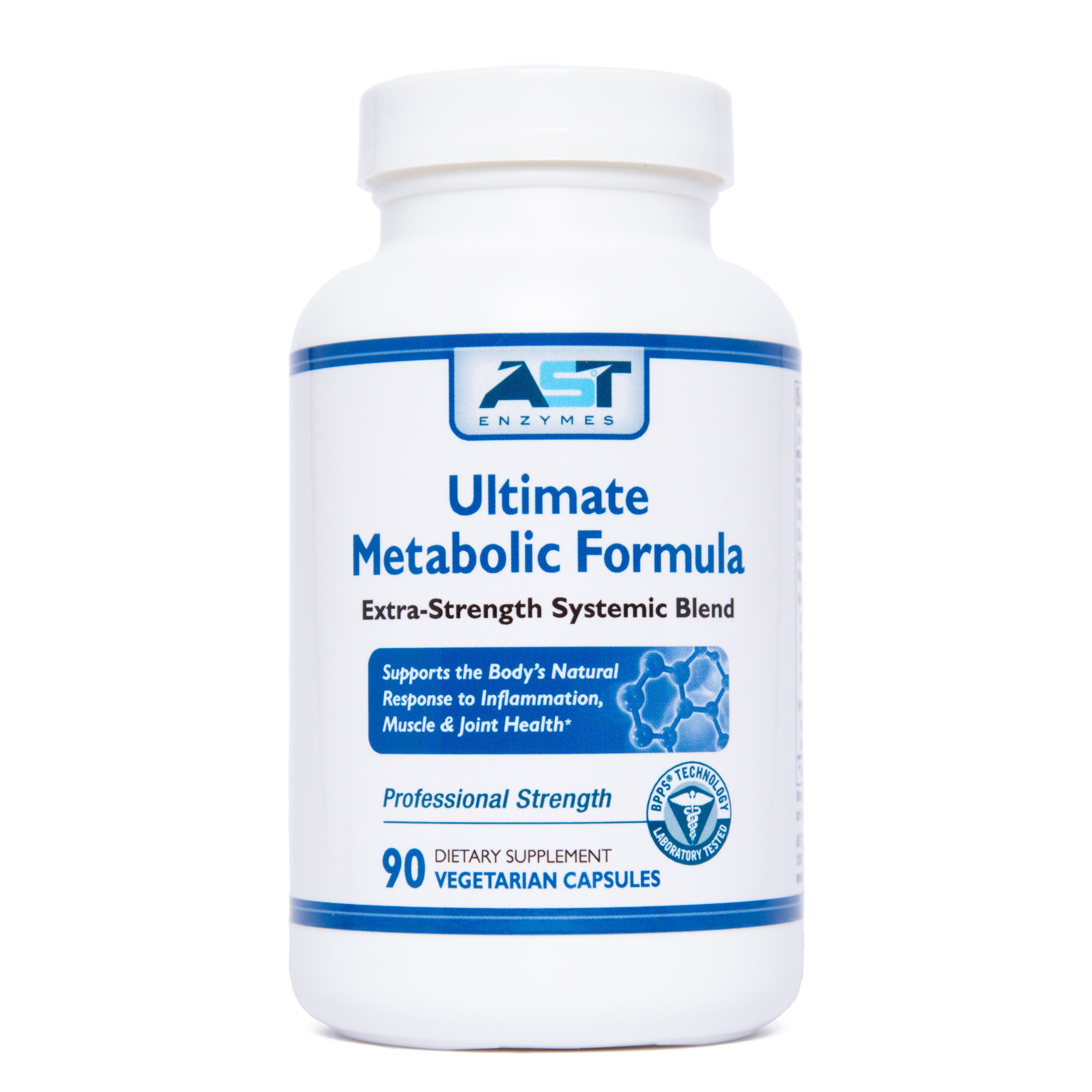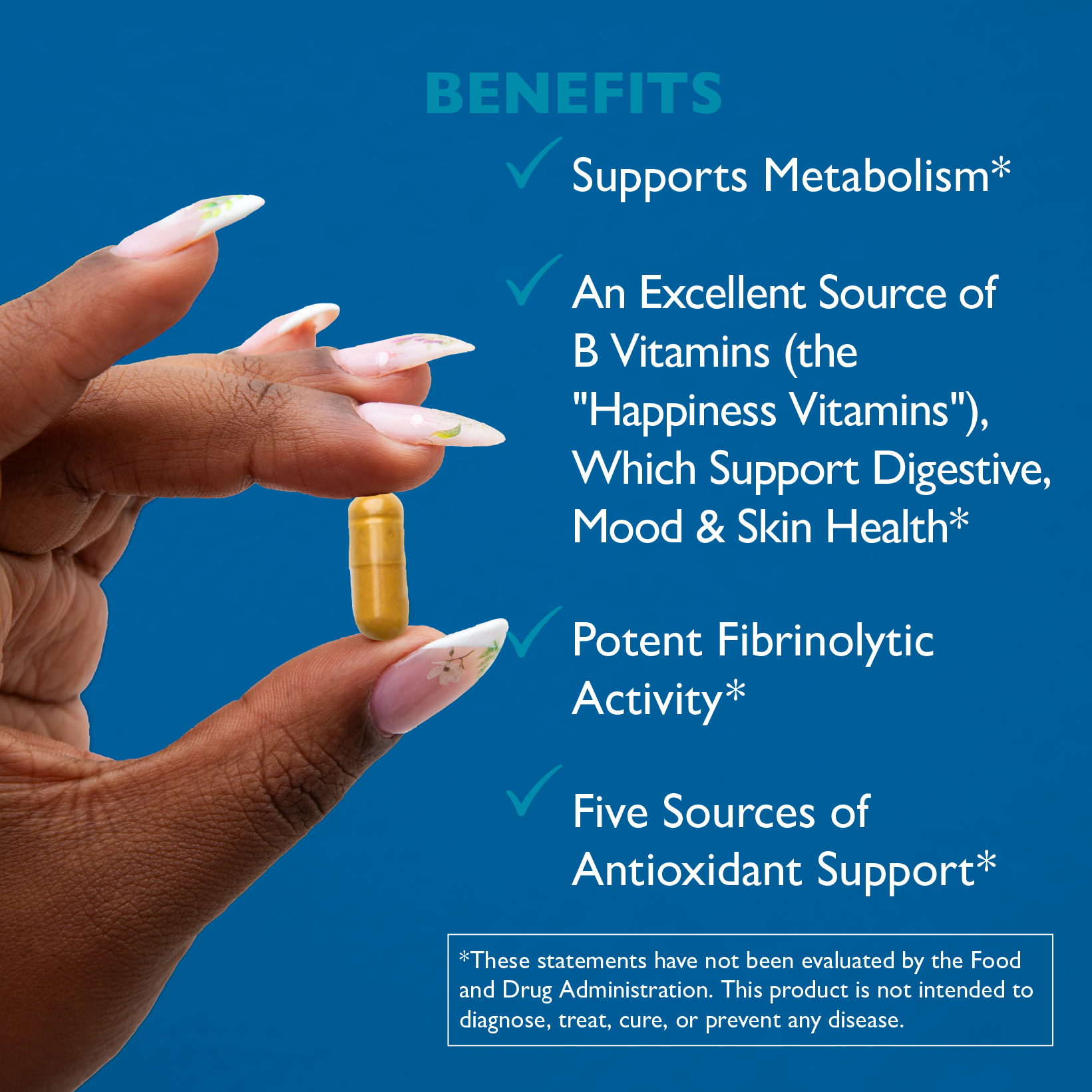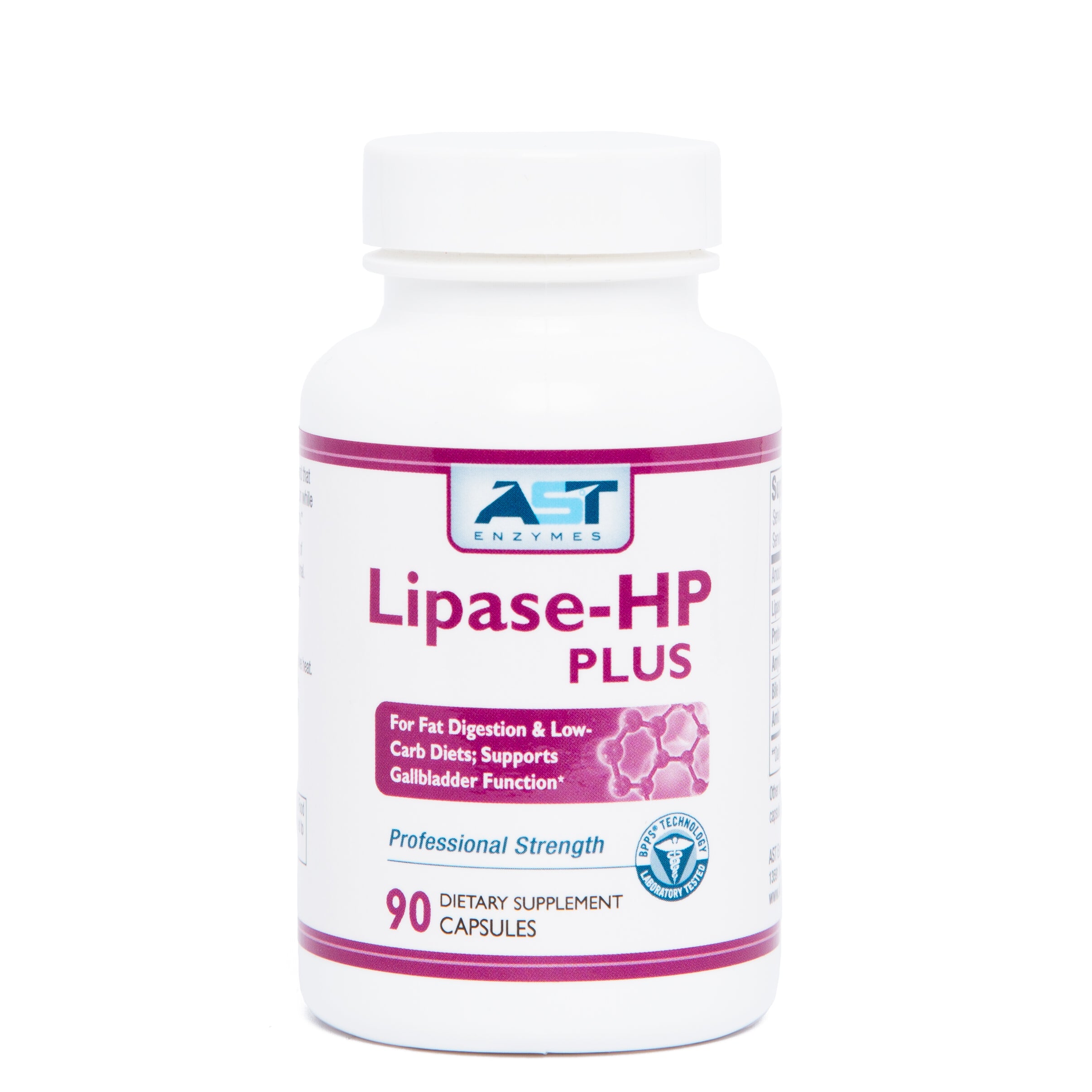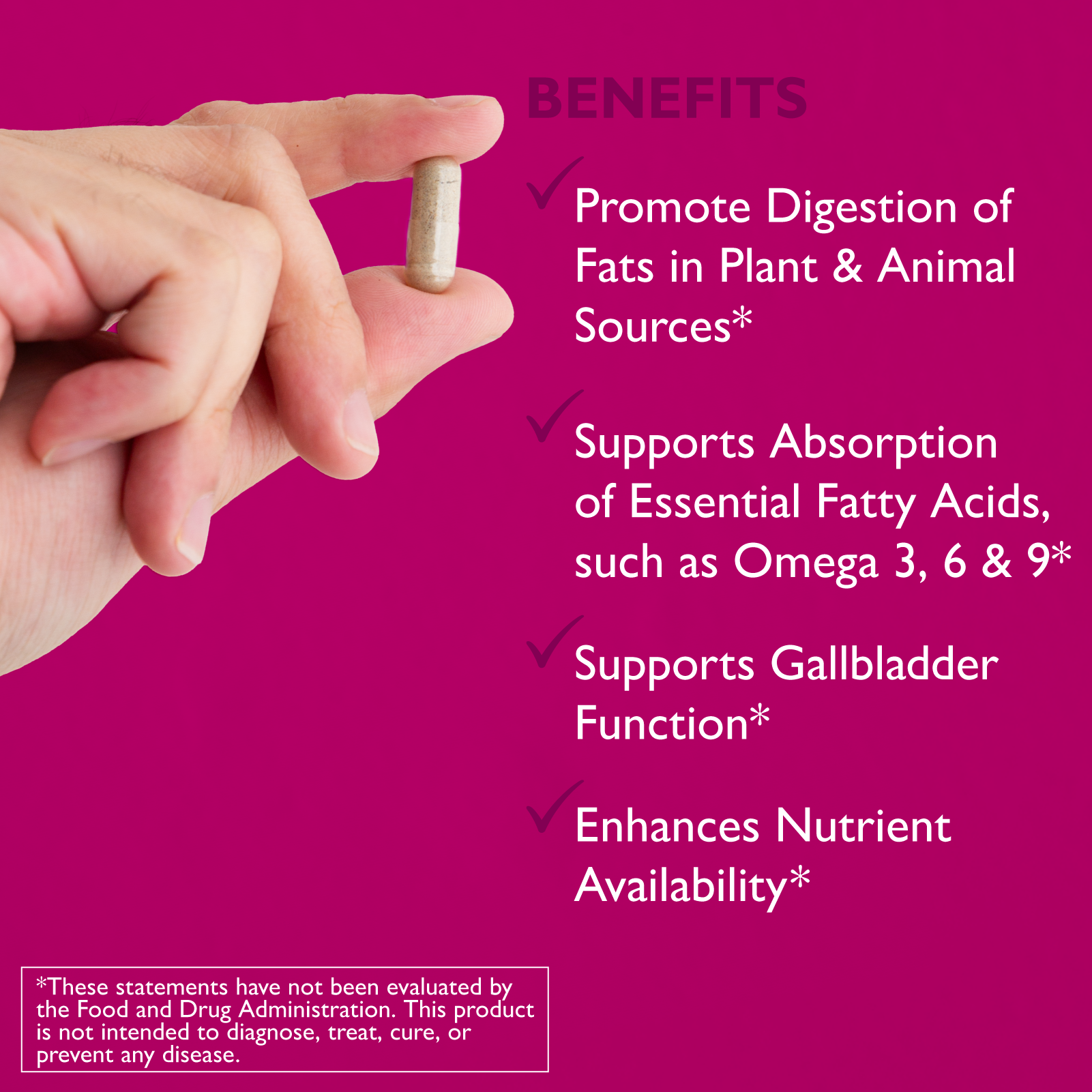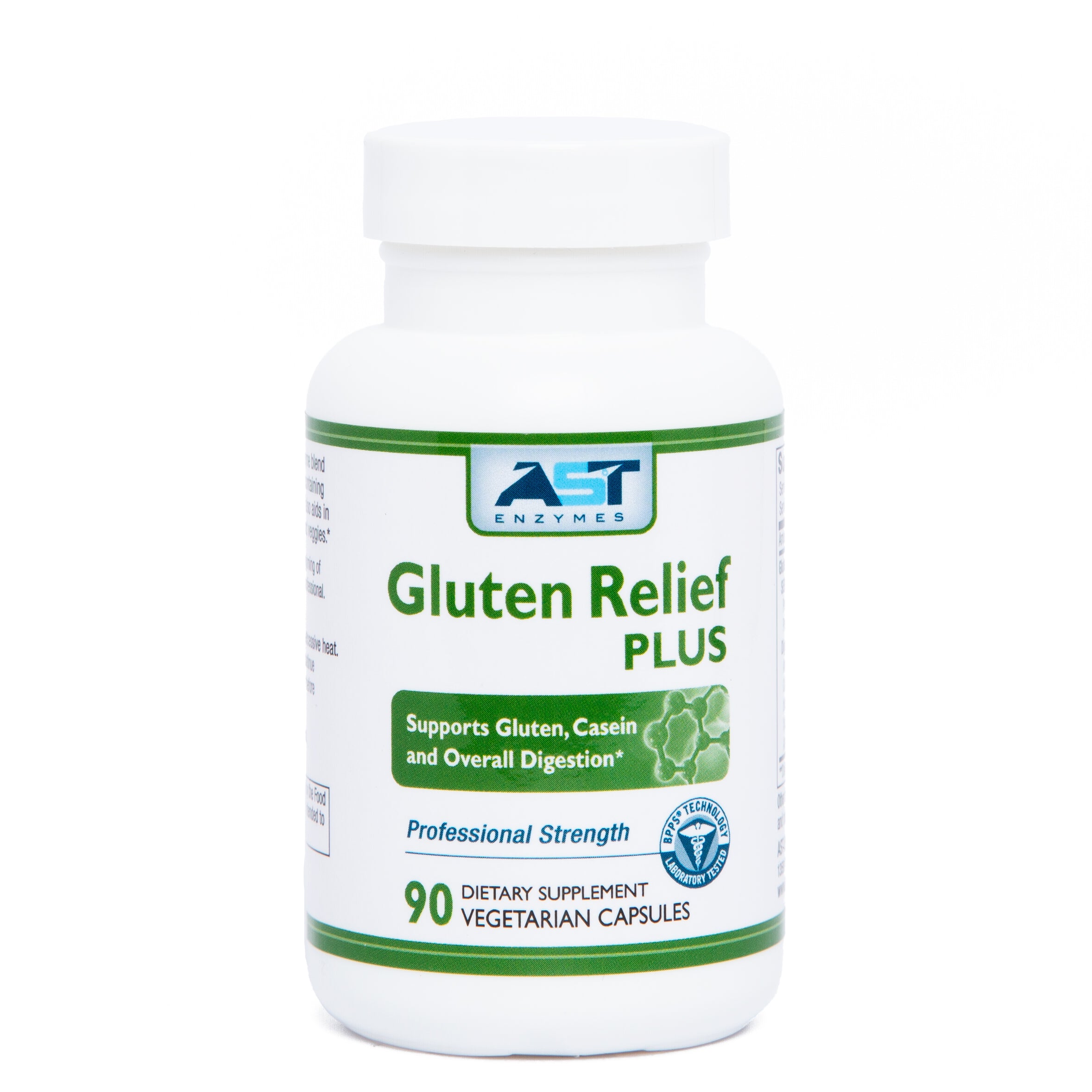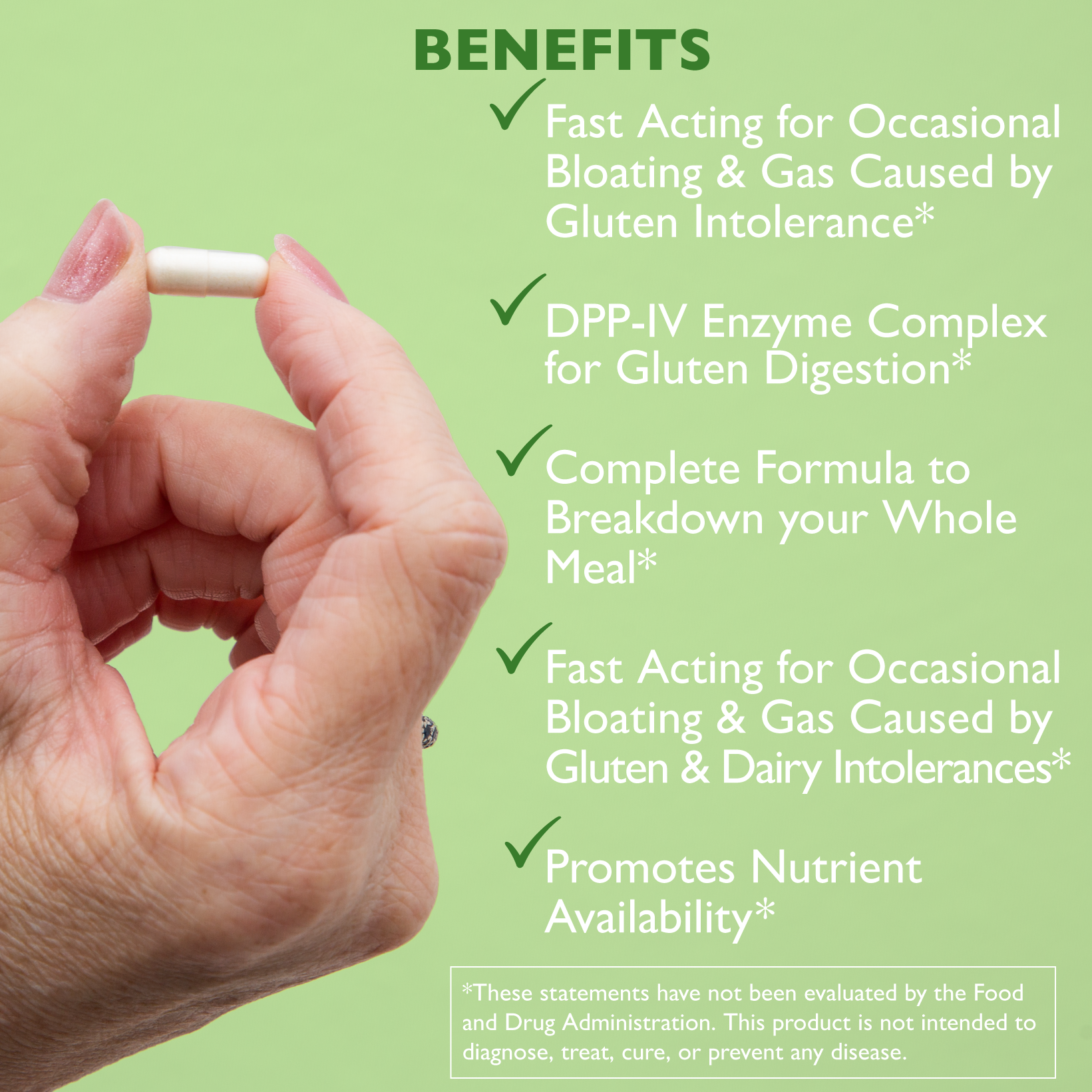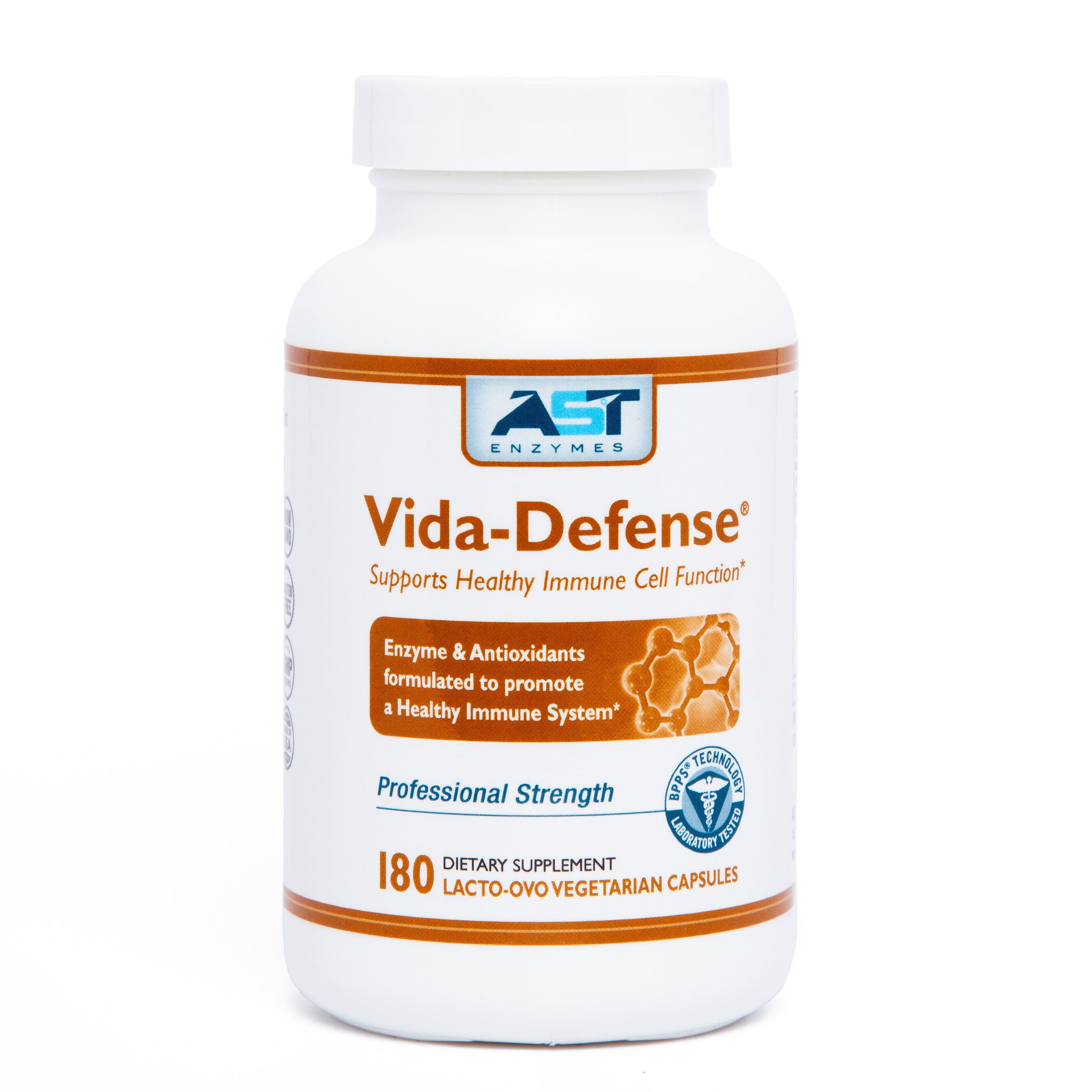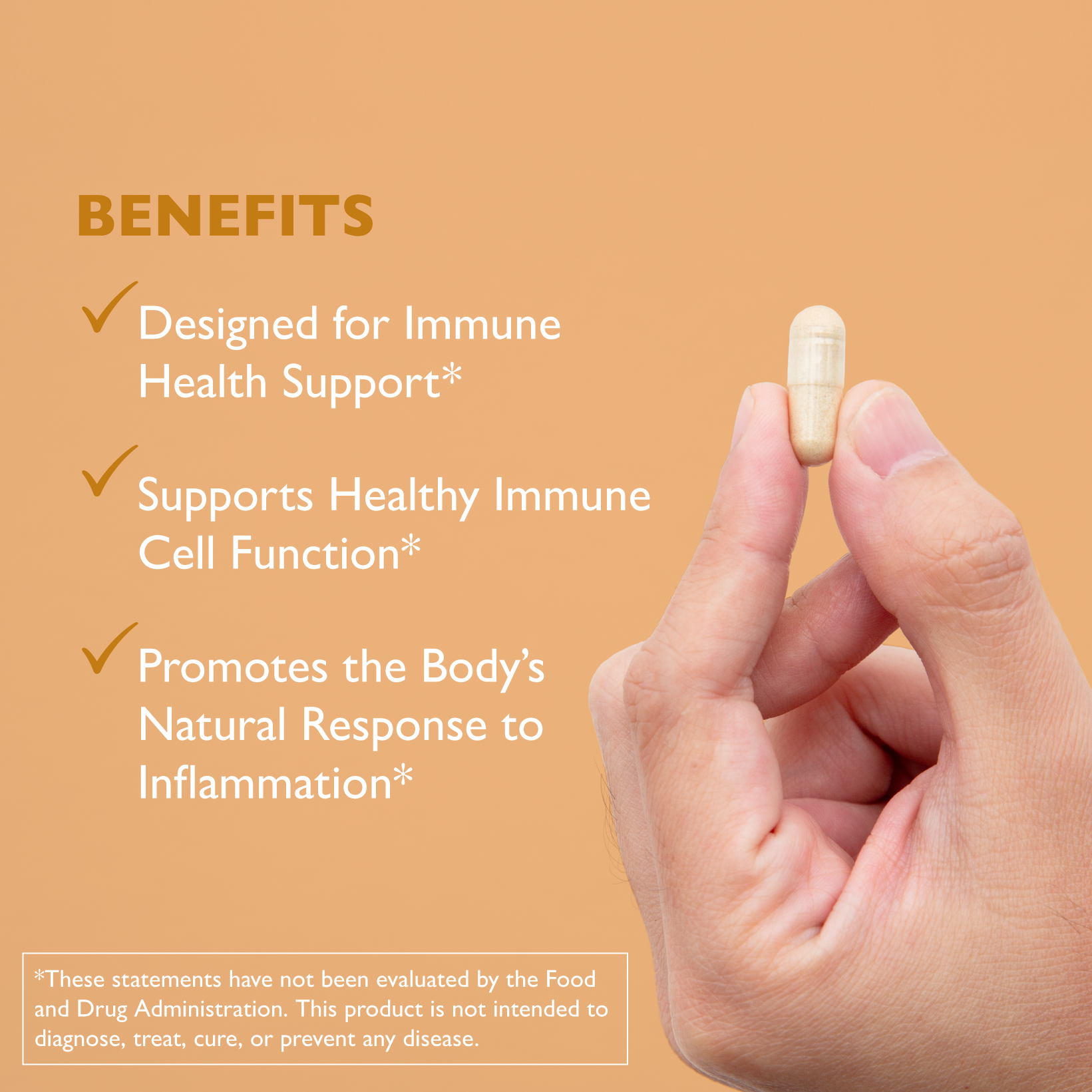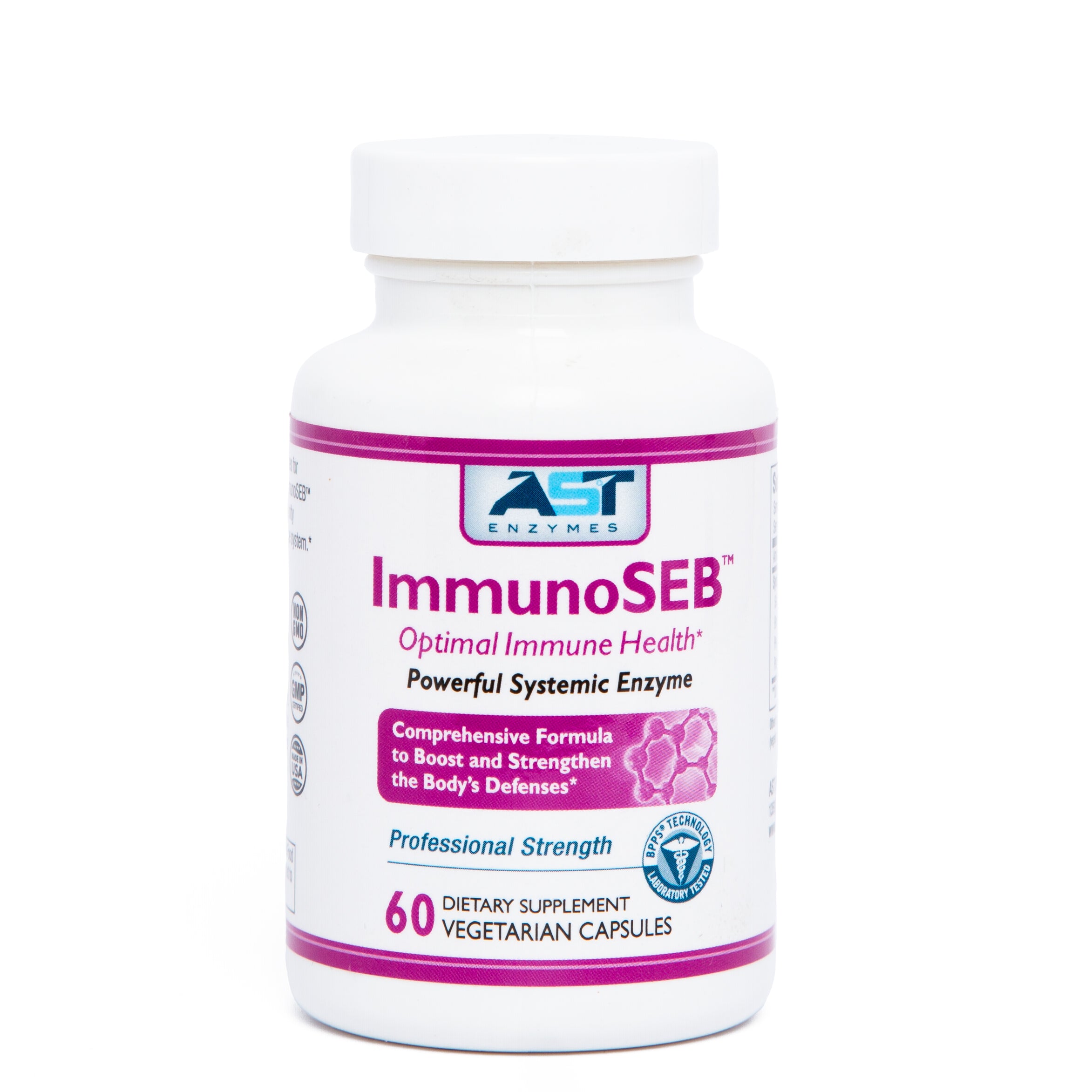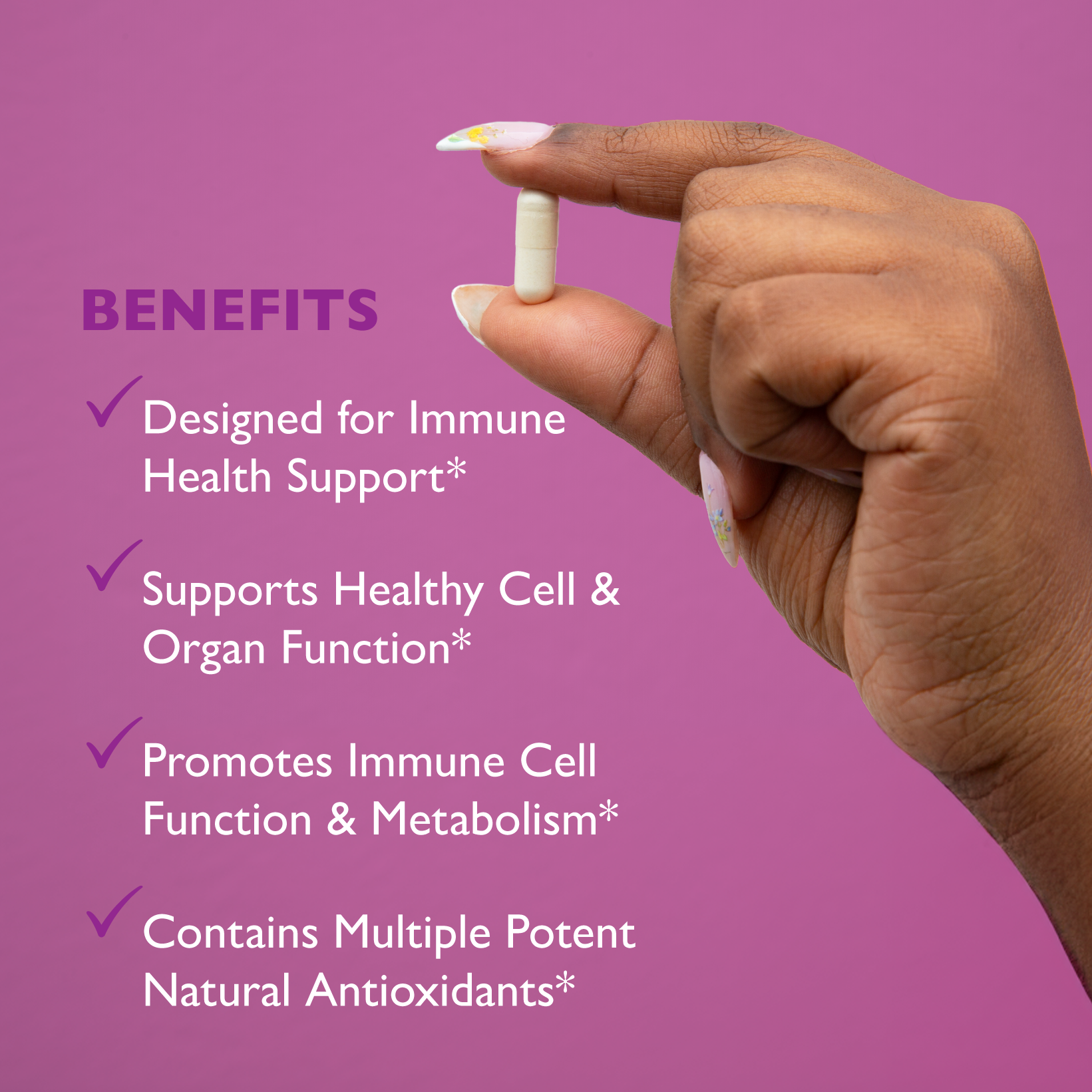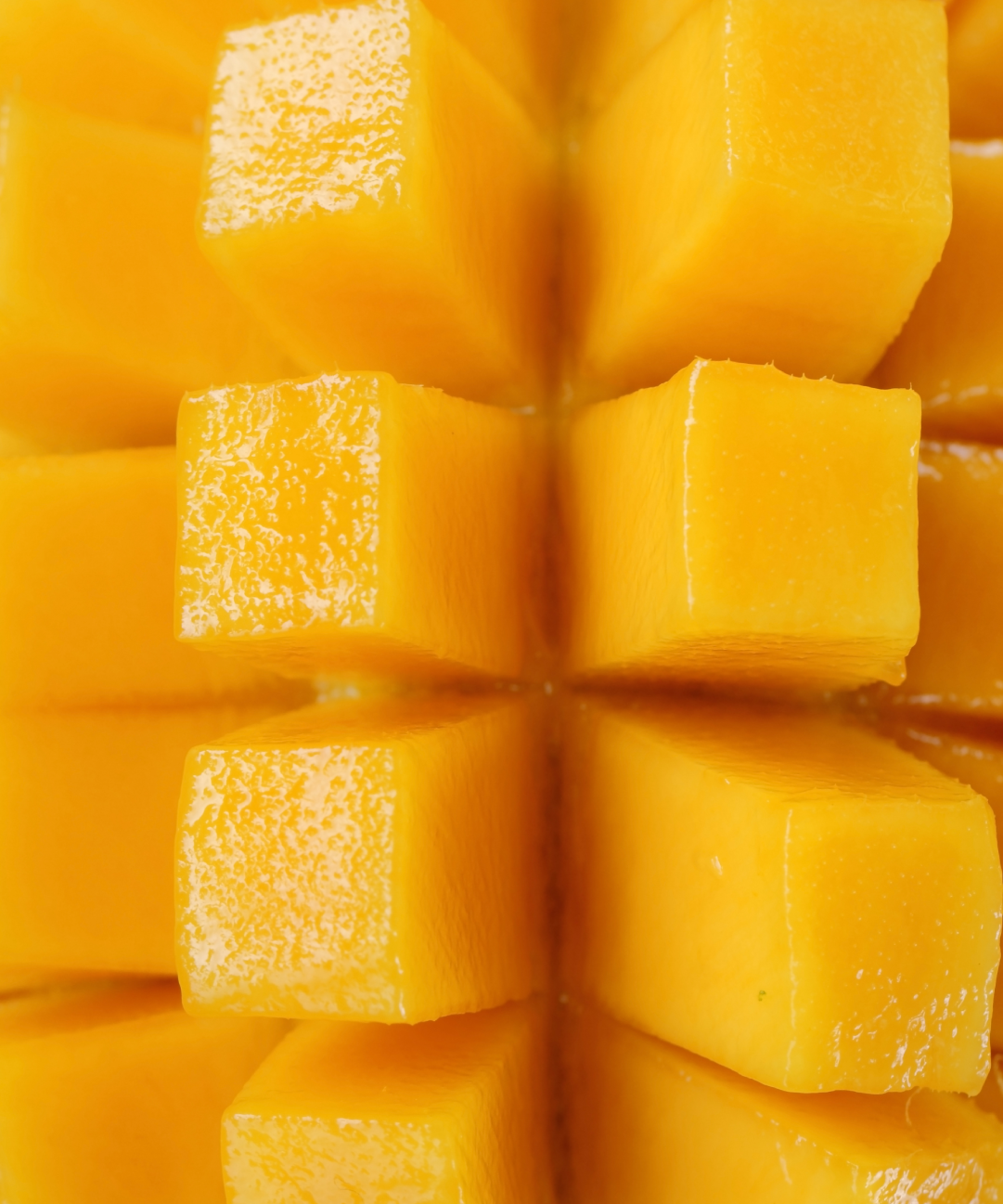
Enzyme
Amylase
Amylase is an enzyme that catalyzes the breakdown of carbohydrates into sugars, playing a vital role in digestion and immune health. Discovered in 1833 by French chemists Anselme Payen and Jean-Francois Persoz, amylase was the first enzyme to be isolated, marking the beginning of modern enzymology. Ubiquitous, amylase is produced by a wide variety of organisms, including humans, animals, plants and microbes. Humans and animals primarily produce amylase for digestion, while plants, for example, use it to convert starches into sugars during seed germination. Amylase is also present in fruits like mangoes and bananas, helping them ripen. Additionally, microbes such as bacteria and fungi produce amylase to break down starches in their environment. These diverse sources highlight the enzyme's fundamental role in energy metabolism across different life forms.

From Seed to You
We grow our amylase in a small fermenter (a "seed vessel"), carefully developing it until it's ready for the big leagues (enormous fermenters that are up to three stories high). Our skilled team has perfected the art of extracting and purifying amylase for decades, maximizing the potency and therapeutic benefits and consistently delivering a superior quality enzyme that meets the highest standards for food and pharmaceutical use. In fact, our amylase is so good, a great many of our competitors actually use our amylase in their products.
Traditional Uses
In humans, amylase is both produced in saliva (where it starts digestion in the mouth) and in the pancreas (where it continues the process of extracting nutrients from carbohydrates). It is the amylase in saliva that can cause starchy foods like rice and potatoes to taste slightly sweet when chewed, as it begins converting these carbohydrates into sugar in the mouth. Amylase is commonly included in digestive supplements to help the body digest carbohydrates, which can reduce feelings of bloating and over-fullness. Amylase is also included in systemic supplements to help the body break down biofilms (a slimy protective armor produced by bacteria), supporting the body's natural immune response. Amylase also has a wide variety of applications in other food processes (e.g., making commercial bread or wine) where breaking down carbohydrates into sugars serve specific technical functions.*
Why Formulation Matters
Everyone knows that chocolate and peanut butter are great alone, but that together they are better than their parts. Amylase is amazing, but we never sell it alone. Amylase is best when carefully combined with other ingredients for specific purposes. Our expert formulator with over 40 years of experience in enzymes and probiotics put together formulations for specific purposes, knowing how each of their parts would interact with each other.
Shop Our Collection

